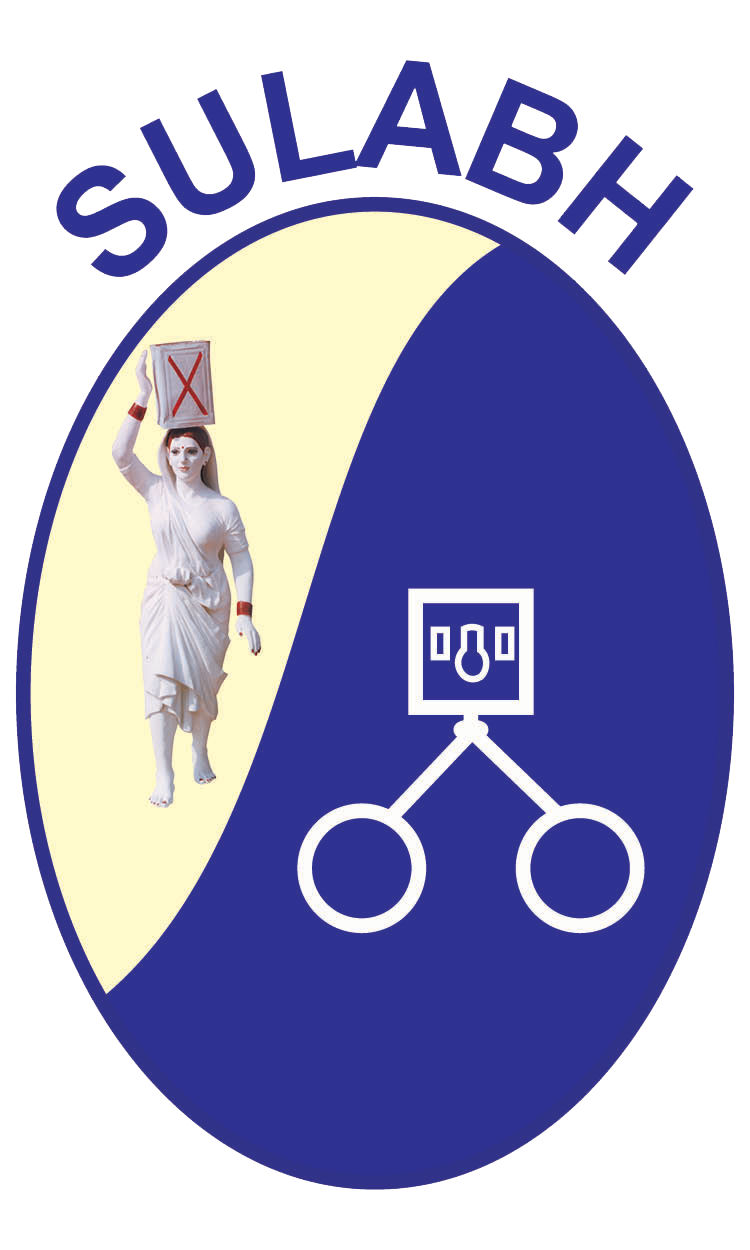The SDG target for drinking water is by 2030 to achieve universal and equitable access to safe and affordable water to all.
Since 2014 Sulabh International has been working towards providing clean contamination free water accessible and affordable to India’s poorest communities
Sulabh International in collaboration with 1001 Fontaines, France undertook a project to supply clean water to the rural communities in six blocks in the districts of 24 Parganas (South & North), Nadia, Murshidabad, West Medinipur, in the state of West Bengal.
In these areas, people are exposed to elevated levels of inorganic arsenic through drinking contaminated water, using contaminated water in food preparation and irrigation of food crops.
Long-term exposure to inorganic arsenic, mainly through drinking-water and food, can lead to chronic arsenic poisoning. Skin lesions and skin cancer are the most characteristic effects.
The usual methods to get clean water is to adopt one of the standard processes, which are based on the extreme range of filtration using reverse osmosis (RO) or adsorption or chemical treatment or combination of these.
Sulabh International in collaboration with 1001 Fontaines came up with a smart solution for the Arsenic affected areas in West Bengal.
Due to good rainfall, the state has no dearth of perennial water bodies. Water is available from most of the large ponds, rivers and shallow wells. These water bodies, which are rain-fed, do not have the geogenic contamination.
A process was developed to produce drinking water of appropriate quality from the surface water, which is simpler, lower cost to construct and maintain and require lower level of skillsets for operation and maintenance. The result was a grand success and became a model of community-managed drinking water plants. Some of them have become commercially successful to the extent that they have taken loans to expand their business.
The initiatives in these areas have been designed with a view to building drinking water production sites in order to guarantee water quality at the point of use instead of focusing only on the water source. Sulabh’s initiative has had a transformative outcome on people’s health. There has now been a considerable improvement in the health of the people affected by the arsenic contamination.
Facts
Impact of Sulabh’s water project on local communities
Design and construction of the water treatment plant
Hydraulic and structural designs have been completed as per the instruction guidelines provided by IAES & PH to insure the quality of the water produced. The design of the treatment plant was finalized by the project team and the engineered drawing was done by an external service company. The capacity of water treatment plant is 4000 liters per day with 8 hours operation time.
The water from the ponds/well or the river is pumped into an over-head reservoir from where it is delivered into a flocculating tank where chemicals (alum and bleaching powder) are mixed with the water at the desired rate.
The settled water is then passed through a slow sand filter. The filtered water is then collected in a clear water reservoir, from where the water is passed through activated carbon bed and fine membranes of varying sizes (60µ, 40µ, 10µ, 1µ). This removes the finest contaminants from the water which will then be treated with UV ray to make it totally bacteria free. The resultant treated water which is free from all pathogenic microorganisms is then poured into 20lt bottles and sealed. The consumers either collects the bottle from the kiosk or the same is delivered to their houses. This process is followed in principle in all the three sites.
Sulabh Water ATM
The Sulabh Purified Drinking Water is the latest initiative from Sulabh. Impure water from the rivers ponds, wells, water bodies and taps is purified by the Sulabh technologies and becomes safe for human consumption. Sulabh is bottling this water known as Sulabh Safe Drinking Water, which is available for INR 1 per litre. There is a water vending machine that dispenses purified drinking water at the entrance of Sulabh Campus


